Celebrating the New Year is a practice that many countries around the world celebrate in one form or another. Despite the differences in origin and in practice, Hong Kong celebrates both the traditional Chinese New Year as well as the Western New Year. What are the differences and similarities between these two unique traditions and where did they come from?
History and Origins in the West
The Western New Year is based within the Gregorian calendar which has its roots as far back as 45 B.C. where it was derived from the Julian calendar in pre-Christian Rome. The emperor Julius Caesar instituted January 1st as the first day of the year in honor of the god Janus. Janus is the god of gateways and beginnings and with his two faces he is said to be able to see into the past and the future. People celebrated the New Year by decorating their home and throwing lavish parties in order to set the precedence for the year, along with sacrifices to the god Janus which were meant to bring them good fortune for the coming year.
The Western calendar is solar meaning that it is based on the Earth’s revolution around the sun with the progression of each season. The Western calendar consistently has 365 days in a year, 12 months, each with either 30 or 31 days (except February). A leap year takes place every four years in February and the basic calendar structure loosely follows seasonal solstices. New Year’s Eve is always on December 31st with the New Year beginning on January 1st at midnight.
History and Origins in the East
Chinese New Year has roots in agrarian society from when farmer’s used to pray for success in the coming farming season, which is why Chinese New Year is also known as the Spring Festival. Legend has it that a monster named Nian would come to the villages once and year and eat children and livestock and that they only way to banish Nian was with red decorations and plenty of loud noises. Fireworks, and lion and dragon dances are some of the colourful and loud traditional displays that are still seen today.
Chinese New Year takes place in either January or February. The tradition is based on the Chinese calendar which is lunisolar, meaning that it follows both the sun’s rotation and the phases of the moon to determine calendar dates. The history of the Chinese calendar dates back the Shang Dynasty in 14 B.C. which, predates both the Julian and Gregorian calendars the Western calendar is based on. There have been some adjustments to the Chinese calendar since then but Chinese New Year has generally coincided with the new moon of the winter solstice.
Similarities
Both the Western and Chinese New Year’s traditions have astrological and pagan origins in that they follow the rotation of the earth (day), the earth’s trip around the sun (year) and orbit of the moon (month). Additionally they both symbolize our desire to welcome new beginnings for the year with good luck and prosperity.
While fireworks are a fairly new feature to Western New Years’ traditions, this is one feature that is shared with the Chinese tradition. As with the legend of Nian, the Chinese tradition of fireworks is an element of noise to help keep Nian away in order to have good fortune for the coming year, so the louder the fireworks the better, whereas with Western tradition the focus is more on how appealing the fireworks are to watch. In both traditions, the fireworks take place at midnight though with the Chinese tradition the fireworks can continue for several days.
Differences
As mentioned before, the Chinese New Year is based on the lunisolar cycle and the Western New Year is based off a solar cycle so these celebrations take place during different times of the year. Even with these differences, as our world has become more interconnected it is easier to stick with one calendar so the majority of countries around the world accept the Western calendar as the start of the New Year on January 1st.
Chinese New Year is the largest and one of the most solemn of Chinese holidays. It’s a time when people travel back home to be with their families and where large family meals, like the symbolic dumpling, are made and eaten, candy boxes are given, and red lai see packets containing money are shared with children, single family members, and friends. Chinese New Year is similar to the way many Westerner’s celebrate Christmas as it is seen as an important time to be with family.
The Western New Year’s tradition is a party event that starts on the evening of the December 31st. People usually consume alcohol and of party food and often in excess in order to welcome the New Year in with a big bang. A countdown takes place just before midnight in which many couples will share a kiss at the strike of midnight. New Year’s Day is then a day to begin anew often times with goals and resolutions set in the interest of health, well-being, and money.
Both the Western and Chinese New Years are generally celebrated with public holidays as many places of work and schools take anywhere from 3 to 15 days off.
The Chinese New Year usually has a minimum of 3 public holidays off for businesses and schools with up to 15 days for some. The Western holiday timeframe begins around Christmas Eve (December 24th) and ends briefly after New Year’s Day. Lucky for those of us in Hong Kong we get time off during both of these times of the year!
How do you celebrate the New Year? If you’re looking for great gift ideas for the new year, Give Gift Boutique Hong Kong has been providing New Year’s hampers and delivery, online flower delivery, same day flower delivery and rush flower delivery in Hong Kong, Macau, and Guangzhou for both Western and Chinese clients since 2008. For questions, orders and requests please contact us!
This is a Hong Kong GGB original 'What are the differences between Western New Year and Chinese New Year?' blogpost.






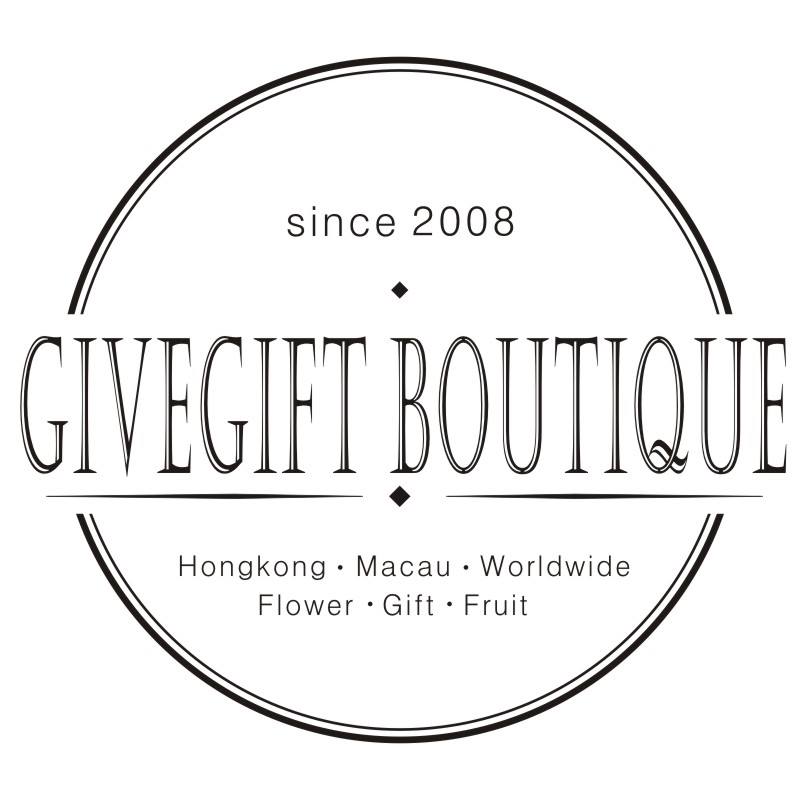
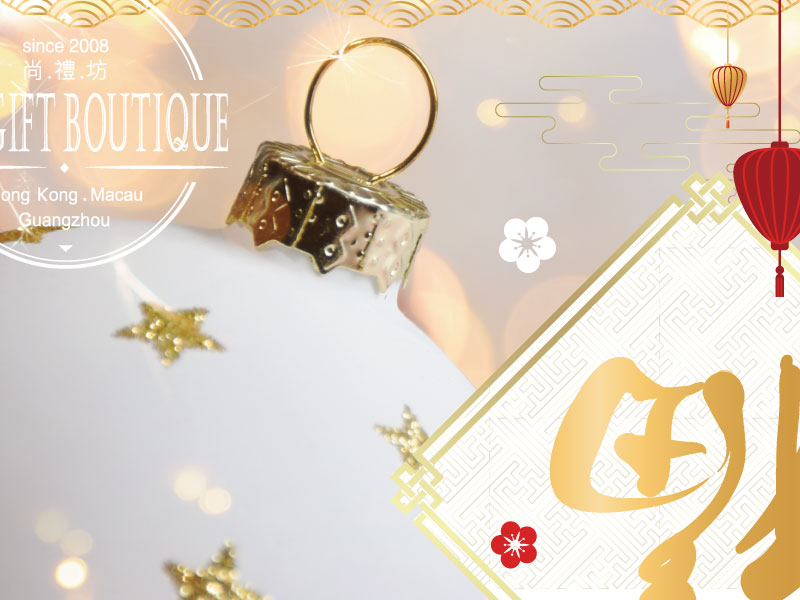

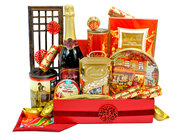

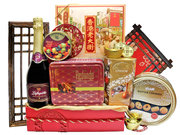
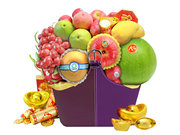
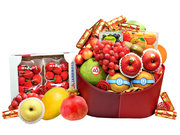


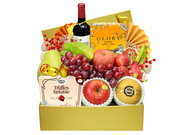
 Share
Share Tweet
Tweet +1
+1  Pin it
Pin it Post
Post  Weibo
Weibo Review
Review

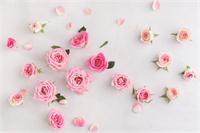
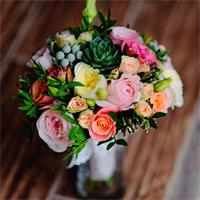
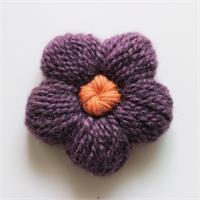
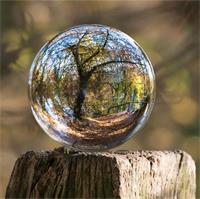
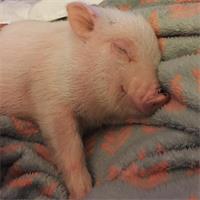
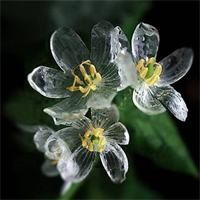
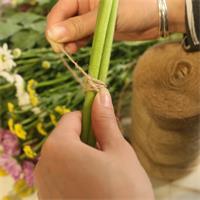
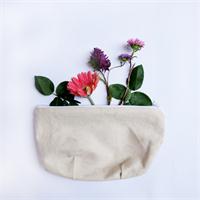



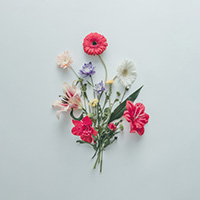
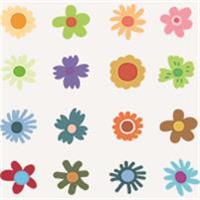
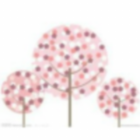
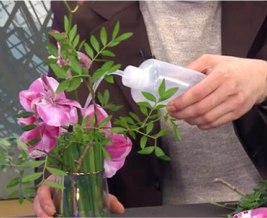



 Diwali Gifts
Diwali Gifts 
 ▶
▶